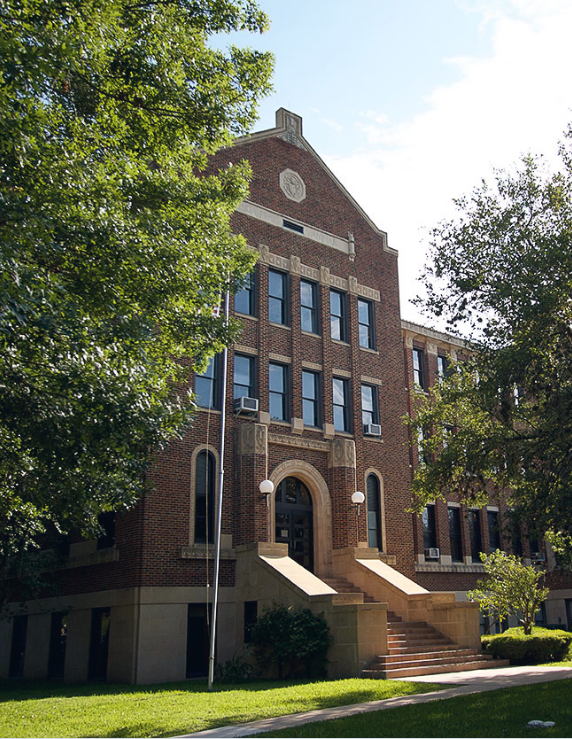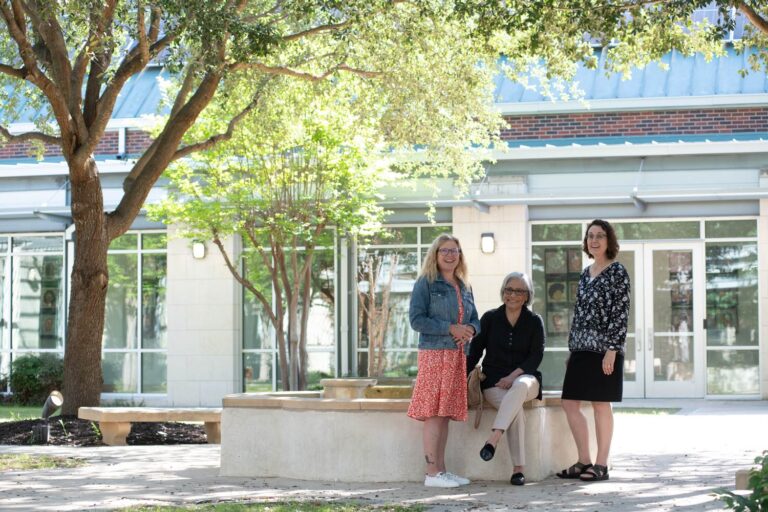About ten days ago Pope Francis broadcast an address to the UN on the fifth anniversary of his historic visit to that body in New York. His theme now was how we must respond to the pandemic. He said we cannot think of returning to the “normal” of pre-Covid times, but must place the good of all people and the environment ahead of maintaining the lifestyles of wealthy individuals and nations. He drew attention to the violence against children, especially unaccompanied migrant children and refugees. The pandemic, he said, can be an opportunity for conversion and transformation and rethinking our way of life.
Pope Francis is asking us to turn our attention to the plight of the poor worldwide. He warns us all of the “globalization of indifference” which affects us who live comfortable lives far from the violence, war and poverty of so many in the world. We often are indifferent when the problem is not immediately affecting us. Yet as Catholics, the Pope is calling us to be universal in our care and action. Covid on our doorstep and throughout the world is a grim reminder.
Last week, this week and next week the gospel reading tells parables of God’s judgment. Along with the first reading today, the gospel shows that God does everything possible for us and yet we ignore or even violate God’s wishes. We don’t give the yield. The dire warning is that there is a judgment coming for all if we do not act.
This vineyard parable seems to not make much sense since it looks like the landowner never learns that the tenants are wicked. He appeals to their honor. Usually in those times, people would sympathize with tenants who were often mistreated by the owners, but not this time. This would have troubled the parable hearers. God always looks for the best in us, gives us what we need, but expects us to treat others as God has treated us, namely with respect, generosity and compassion. The tenants did not practice even basic justice, doing what was right, much less imitating the goodness of the owner of the vineyard. They rejected God’s gifts by their greed and the way they treated others. The vineyard, in this case meaning the world where we are placed to live and work, belongs to God, not us.
Jesus in this gospel is confronting the religious leaders. The story speaks of the various servants sent by the owner to collect his produce. This refers to prophets sent by God to call the people of Israel, especially the leaders, to repentance and faithfulness. Prophets were usually rejected, and in many cases killed, by those who had no intention to change their ways. It is clear that the son of the owner is am image of Jesus, who also is killed.
The context of this reading is that Matthew is writing his gospel for a Jewish audience and is very frustrated with the majority of Jews who rejected Jesus. For Matthew it was so clear who Jesus was. Is it clear to us who Jesus is, that Jesus is in the face of the desperate migrant, the person sick from covid, the poor, those who don’t look like us or live near us? I know for myself I have not always recognized Jesus in them. I need conversion too. I guess we all do. This story is a good reminder.
Matthew also writes for Jewish Christians, warning them that they cannot take anything for granted in their new faith. If Israel missed the message of Jesus, they might repeat the mistake by their treatment of the Gentile Christians, not recognizing they are part of the Kingdom as well. A good message for us is to remember that living in the reign of God is not just Sunday Mass, even though that is critical to our life of faith, but an everyday commitment to give back to God in how we care for and share with others.
There is frustration in listening to this parable. Who should inherit the vineyard? The parable does not tell us the end of the story, just that Jesus asks the question and the listeners pronounce a harsh judgment, which is really on themselves. There is a severe reckoning for them and us if we do not respond as God wants, namely that we give back to God from what God has entrusted us with. At the same time, Jesus does not say he agrees with the kind of punishment the listeners feel is warranted. He just says the Kingdom of God will be taken away from you and given to others who will produce fruit. It is a warning that we are to do what God sent us to do with what we have.
Just as the parable leaves the questions open ended, so Jesus as Messiah left many questions unanswered with his words and actions. Why did Jesus associate with outcasts, sinners, the poor and those no one wanted? God wants what no one else wants. Since the story has no ending maybe we need to write it and finish it, which is so typical of Jesus’ parables. You write your ending. Are we good and faithful stewards or are we thieves? Do we care about all our sisters and brothers as God calls us to do or just ourselves? How do we conduct our daily business, our daily lives? Is it how we can get away with the small and large ways of cheating, lying, manipulating others? How can we be faithful to God on God’s terms, not ours?
In July three years ago here in San Antonio ten migrants from Mexico and Guatemala died in a trailer that had been locked with no water and no ventilation in 100 degree temperatures for hours as they were transported from the Mexican border north. 34 more migrants were left in critical or serious condition in hospitals. This human trafficking tragedy is repeated all over the world for over 65 million (UN Statistic) people who are forced to flee conditions of war, other violence, famine and grinding poverty in order to have a chance to survive. Many travel with children. Many do not survive.
Our local Catholic Charities sees these cases all the time. This week they put out an alarm that the St Stephen’s Center on San Antonio’s westside, where they distribute food to the needy during this pandemic, is completely bare. The need has been overwhelming. I sent a gift. They need much more. Even from our comfortable lives we can touch our struggling sisters and brothers with some of what God has given us.
This gospel tells us we are stewards of each other. We are tenants of this world, which belongs to all. “Mi casa es su casa” is our tradition. God expects us to care for each other. We who have been blessed need to pray and act in favor of those who are vulnerable in our world. Even though my action will not completely solve the growing disparity between the rich and the poor, or the migration and human trafficking that threatens the lives of so many, or those who are disproportionately hurt by the pandemic, everything I do can make a difference.
We are never off the hook. We have never done enough. We are TENANTS in this world, STEWARDS not OWNERS. What we have is on loan to us. The dicho my grandmother would tell us is “La vida es prestada,” Life is on loan to you. How will you return it to the real owner?
St. Paul’s reading today provides the lift we need in the midst of such heavy thoughts. We are not alone in trying to fulfill our call. Think about the good in the world. There is truth, honor, justice, purity, love, excellence and grace. They may not be everywhere but they exist. Look for those. Let those give you hope and strength. Fix your prayers, petitions and thanksgiving on God as you work to transform the world and your world.
Work the vineyard so that you give back to God what you have produced. This is your life’s work. It will never be easy, but as Paul promises, the God of peace will be with you.
 Fr. David Garcia is a retired priest from the Archdiocese of San Antonio, Texas, where he served for 44 years. During that time, Fr. Garcia was instrumental in the effort to have the Old Spanish Missions recognized as a UNESCO World Heritage Site and also oversaw the multimillion-dollar restoration of San Fernando Cathedral. Fr. David served as pastor for several parishes in San Antonio, including the historic Mission Concepción. He also served as Senior Advisor for Clergy Outreach at Catholic Relief Services, the official international humanitarian and relief agency of the US Conference of Catholic Bishops.
Fr. David Garcia is a retired priest from the Archdiocese of San Antonio, Texas, where he served for 44 years. During that time, Fr. Garcia was instrumental in the effort to have the Old Spanish Missions recognized as a UNESCO World Heritage Site and also oversaw the multimillion-dollar restoration of San Fernando Cathedral. Fr. David served as pastor for several parishes in San Antonio, including the historic Mission Concepción. He also served as Senior Advisor for Clergy Outreach at Catholic Relief Services, the official international humanitarian and relief agency of the US Conference of Catholic Bishops.



